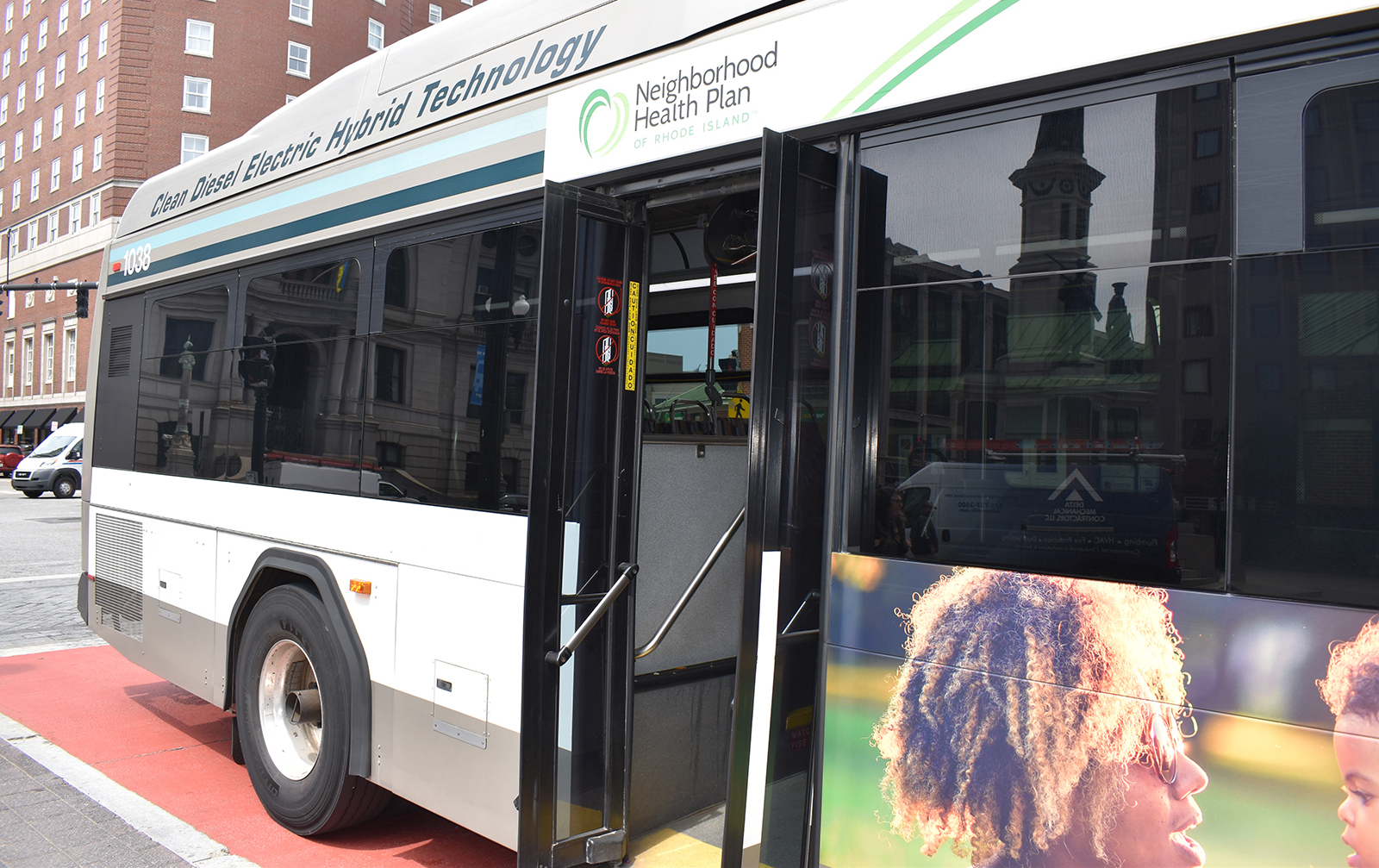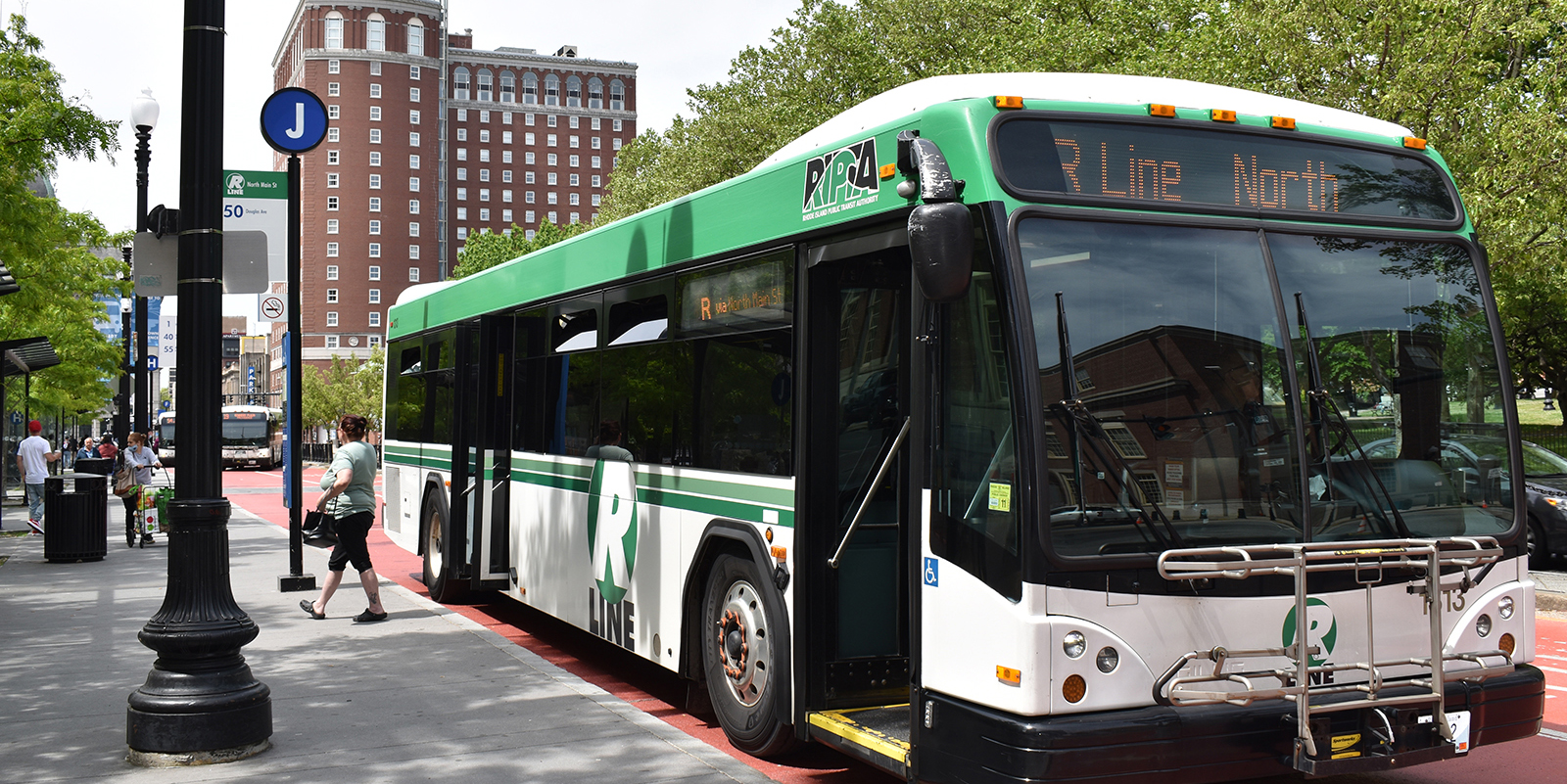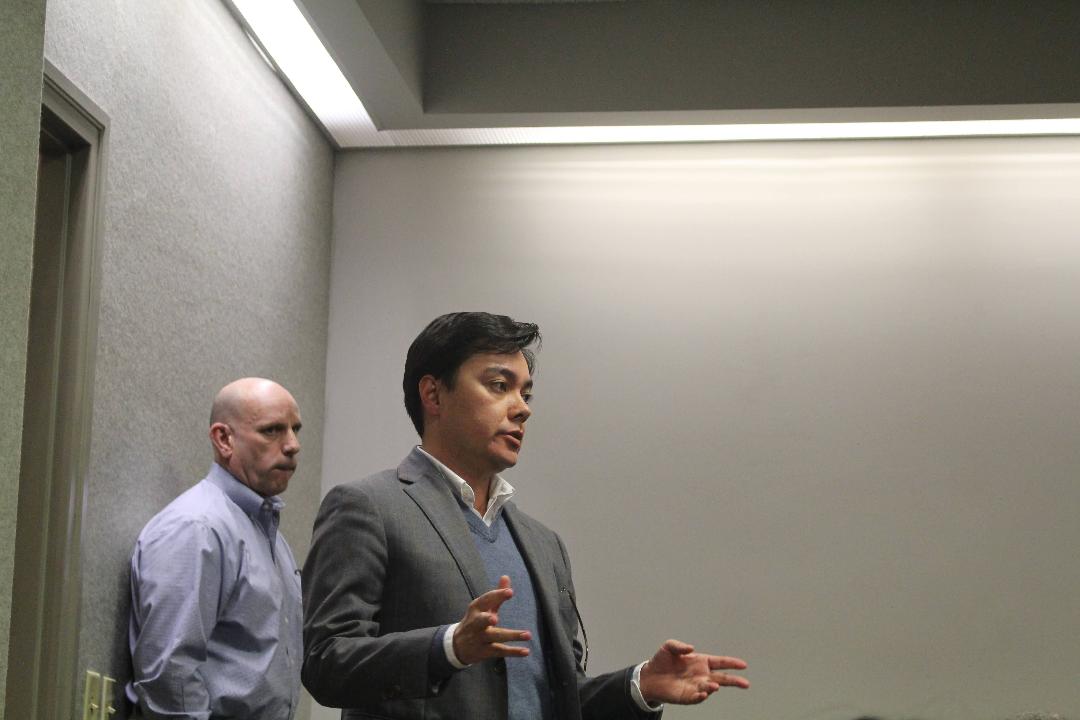Rhode Islander Empowers Women to Bicycle
December 10, 2015
PROVIDENCE — One of Liza Burkin’s favorite quotations is by Susan B. Anthony, the 19th-century women’s rights activist, who said:
“(Bicycling) has done more to emancipate women than anything else in the world. It gives women a feeling of freedom and self-reliance. I stand and rejoice every time I see a woman ride by on a wheel … the picture of free, untrammeled womanhood.”
Like Anthony, Burkin believes bicycles can empower women. That’s why she started Women Bike RI, an organization dedicated to getting more women on bicycles by “instilling confidence, developing skills, creating camaraderie and spreading the joy of cycling.”
Historically, women were discouraged from riding bicycles, according to Burkin, who spoke recently at an event held at AS220 on Empire Street and organized by the Rhode Island Bicycle Coalition. She cited a fictitious female condition commonly diagnosed by doctors around the turn of the 20th century known as “bicycle face.” Symptoms included an exhausted face and bulging eyes. The condition was conceived by conservative men concerned with the role bicycles were playing as a tool and symbol of the feminist movement, the Newport resident said.
It’s not known whether this early discouragement had an impact on the modern-day bicycling landscape, but it’s clear that women cyclists are outnumbered by their male counterparts in the United States. In 2009, just 24 percent of U.S. bike trips were made by women, according to the Federal Highway Administration.
Burkin hopes her organization, and others like it throughout the country, will create gender parity, as is the case in Germany and the Netherlands, where 49 percent and 55 percent, respectively, of bike trips are made by women.
Burkin has adopted the “Five Cs,” created by The League of American Bicyclist’s Women Bike program, to increase female bike ridership: comfort, convenience, community, confidence and consumer products.
Burkin said most women are more risk averse than men, and, therefore, less likely to feel comfortable riding on the road. To increase female ridership bike lanes — preferably separated from traffic — must be invested in, she said.
As the primary errand-runners in most households, women are tethered to cars so they can conveniently complete after-work chores, according to Burkin. Women need bikes that enable them to run errands, she said. She showed pictures of bikes that include a child seat and additional storage for shopping trips.
According to Burkin, women are more likely to ride a bicycle if they can do it in a group, preferably one with a lot of women in it.
There are a number of organizations in Rhode Island that offer such opportunities. SpokesWomen Cycling organizes road-cycling rides around the state every other Saturday. Rides are between 25 and 35 miles long and are biked at a moderate pace. People of all ages and skill levels are welcome.
By contrast, Women Bike RI organizes rides that fit into people’s everyday lives. “We do things like taco rides, and bike-to-beer nights,” Burkin said. “It’s a little less focused on exercise, and more focused on bringing biking into your lifestyle.”
To further build community among female riders, Women Bike RI has organized a private Facebook group that women can join to discuss and ask questions about biking in a nonjudgemental atmosphere.
A lack of confidence in riding and mechanical skills is a barrier to getting “more female butts on bikes,” as Burkin put it. She said bicycle maintenance isn’t overly challenging, but can be intimidating for a person with no previous experience with tools. Bike shops, often staffed by super-knowledgeable men, are also intimidating, she said.
Women Bike RI also organizes “ladies nite” events at Recycle-a-Bike in Providence and at Bike Newport’s Bike Garage in Newport so women can learn basic bike maintenance skills. This has the dual advantage of enabling them to make standard repairs to their own bikes and making them feel more confident when they visit a bike shop.
Women’s fashion and function are generally afterthoughts in mainstream bike culture, according to Burkin. Bike shops, she said, are usually filled with gear and apparel designed for men, with “one little section of a couple pink things” for women.
Consumer products made for women’s bodies and tastes would encourage more women to ride, Burkin said. She noted that Women Bike RI advocates for bicycle shops to order more gear designed for women.
“Women are a huge consumer force,” she said.




Great story about our rock star! Liza inspires great strides in women’s biking in Newport and all around the state – thanks for featuring our hero and crazy bike lady! As for the other-than-pink-spandex bike apparel – check out cleverhood.com (based in RI) and bikiegirlbloomers.com, two of our faves. Thanks, ecoRI, for a great feature – and for helping encourage more women to hop in the saddle. Happiness is ditching the car, and when December temps are topping 50, ’tis the season!